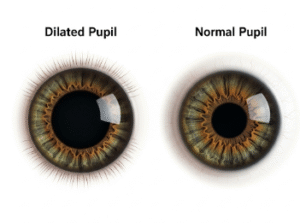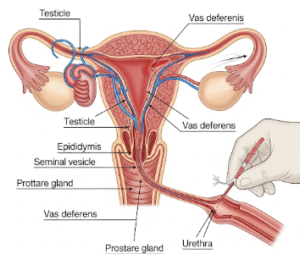Overview
Hypothyroidism is a condition in which the thyroid gland produces insufficient thyroid hormones (T3 and T4), leading to a slowdown in the body’s metabolism. Symptoms can range from mild fatigue to severe complications affecting the heart, brain, and other organs.
In Korea, hypothyroidism is commonly caused by autoimmune diseases such as Hashimoto’s thyroiditis, iodine deficiency, or surgical removal of the thyroid. Korean hospitals provide accurate diagnostic tests, hormone replacement therapy, and long-term monitoring to effectively manage this condition. Early detection through health screenings is widely practiced.
What is Hypothyroidism?
Hypothyroidism occurs when the thyroid gland fails to produce adequate thyroid hormones, leading to a slowed metabolism and impaired function of multiple organ systems. It can be primary (thyroid gland failure), secondary (pituitary gland issues), or tertiary (hypothalamic dysfunction).
Symptoms
- Fatigue and lethargy
- Weight gain despite normal diet
- Cold intolerance
- Dry skin and hair
- Hair thinning or hair loss
- Constipation
- Swelling of the face, hands, and feet
- Hoarseness
- Depression or slowed thinking
- Puffy eyes or pale skin
Causes
- Autoimmune thyroid disease (Hashimoto’s thyroiditis)
- Iodine deficiency
- Thyroid surgery or radioactive iodine therapy
- Certain medications (amiodarone, lithium)
- Congenital hypothyroidism
- Pituitary or hypothalamic disorders
Risk Factors
- Women, particularly middle-aged and older
- Family history of thyroid disease
- History of autoimmune disorders
- Previous thyroid surgery or radiation therapy
- Pregnancy (risk of postpartum thyroiditis)
Complications
- Goiter (enlarged thyroid)
- Heart problems, including bradycardia and heart failure
- Peripheral neuropathy
- Infertility or menstrual irregularities
- Myxedema (severe, life-threatening hypothyroidism)
- Cognitive impairment or depression
Prevention
- Routine thyroid function testing, especially for high-risk groups
- Adequate dietary iodine intake (balanced Korean diet)
- Early treatment of autoimmune or thyroid disorders
- Awareness of medication side effects affecting thyroid function
- Prenatal thyroid monitoring during pregnancy
Treatment Options in Korea
Diagnosis
- Blood tests: TSH, free T4, and thyroid antibodies
- Ultrasound of the thyroid gland for structural assessment
- Screening as part of Korea’s national health check-ups
Medical Treatments
- Levothyroxine hormone replacement therapy (standard treatment)
- Dose adjustments based on regular blood tests
- Symptomatic management for associated conditions
Surgical or Advanced Therapies
- Surgery is rarely needed, except in cases of large goiter or thyroid nodules
- Minimally invasive thyroid surgery available in advanced Korean hospitals
- Monitoring for patients post-thyroidectomy or post-radioactive iodine treatment
Rehabilitation and Support
- Regular follow-up for TSH and T4 levels
- Nutrition counseling for maintaining a healthy metabolism
- Lifestyle advice including exercise and stress management
- Education about symptoms of over- or under-treatment













